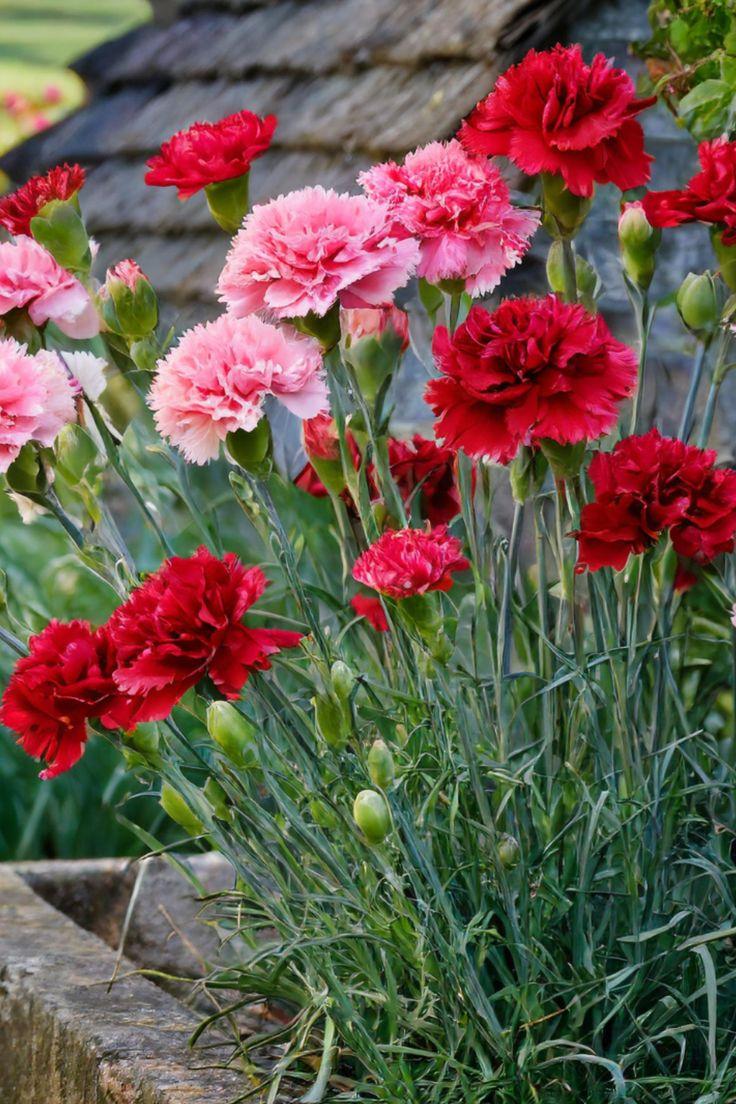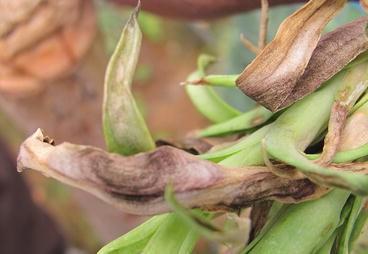Carnation Plant
Carnation (Dianthus caryophyllus) is a perennial that grows 1-2 ft tall, hardy in USDA Zones 6-9, prefers well-drained, loamy soil, full sun to part shade, medium moisture, is edible, and has medicinal uses.

Habit
Upright
Height
30-90 cm
Growth
Perennial
Soil
Well-drained, loamy
Shade
Full Sun
Moisture
Moderate
Edible
No
Medicinal
Yes
Origin
Mediterranean, Europe
Climatic Condition
Temperate, Mediterranean
Temperature (°)
10 to 25°C
Humidity (%)
50-70%
Potting media
Peat, coco coir, compost
Fertilizers
Balanced fertilizer every 2 weeks
Watering
Regular, deep watering
Plant Weight
100-500 grams
Flowering Time
Year-round, peak in spring
Soil Ph level
6.0 - 7.0
Water Ph level
6.0 - 7.0
Soil EC
1-2 dS/m
Yield Per Plant
10-20 flowers per plant
NPK ratio
10:10:10
life Span
Perennial
Health Benefits
Ornamental, used in perfumes, herbal tea
Suggested Grow Media or Potting Mix ?
40% loamy soil, 30% compost, 30% perlite
Suggested Fertigation/Fertilizers
Fertilize every 4 weeks with a balanced, water-soluble fertilizer.
Common Diseases and Remedies
Fusarium Wilt, Powdery Mildew and Rust
Wilting, yellowing leaves, stunted growth White powdery growth on leaves Rust-colored spots on leaves
Solarizing soil, improve drainage Neem oil, potassium bicarbonate Wilting, yellowing leaves, stunted growth White powdery growth on leaves Rust-colored spots on leaves
Fungicides with thiophanate-methyl, Sulfur-based fungicides, Fungicides with myclobutanil.
HEALTH BENEFITS
· Used in herbal teas to relieve stress and anxiety.
· Has antioxidant properties, supporting skin health.
· May help with digestive issues like bloating and indigestion.
· Used in traditional medicine for fever and inflammation.

